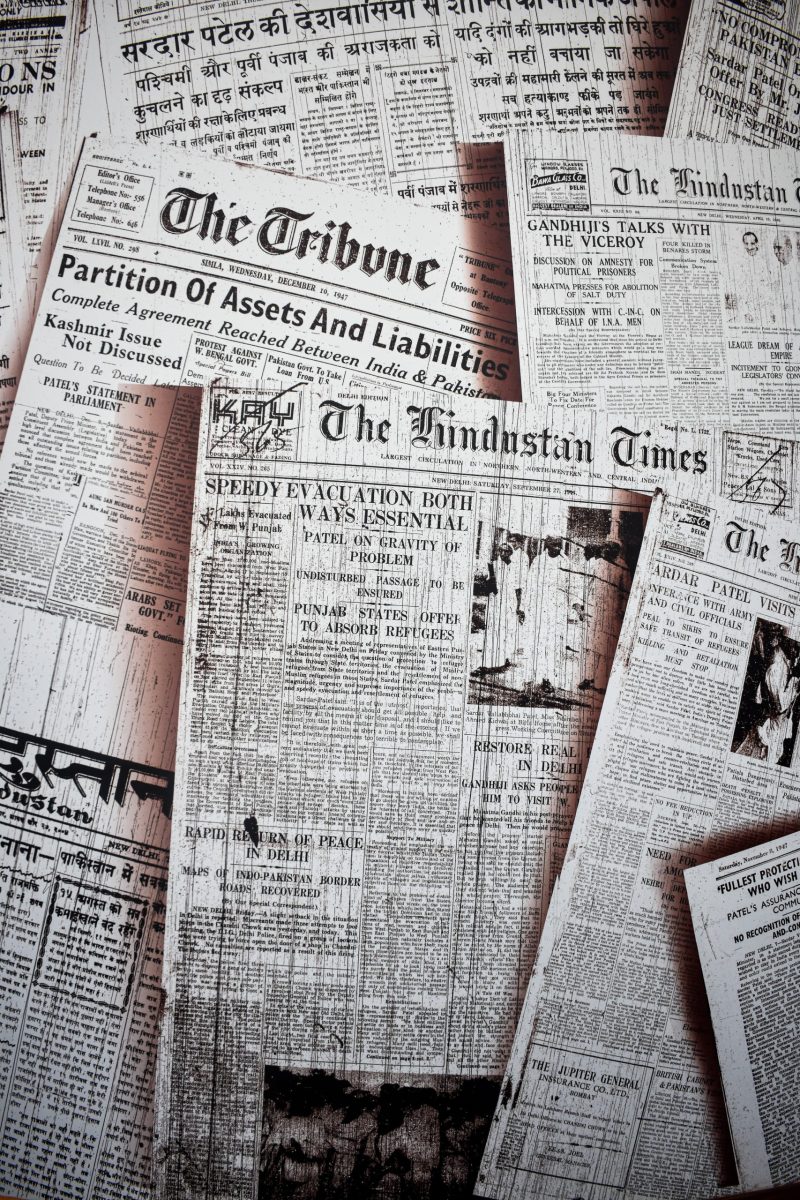On Saturday, Dec. 9, President Johnson hosted a webinar for Muslim and Arab families concerned for the well-being of their students on campus. It must be noted that this webinar took place after the Wellesley administration received significant criticism from students, parents and alumni for selective support of the student body. On Nov. 5, more than a month ago, the administration hosted a webinar that only addressed the concerns of Jewish parents regarding the events of Oct. 7, completely overlooking the pain of Wellesley’s Muslim, Arab and Palestinian students.
Why does the Muslim and Arab community at Wellesley have to audition for empathy? Why, in a meeting between the administration and Wellesley Al-Muslimat, did Muslim students have to read out the death threats they had received for supporting Palestine to gain President Johnson’s sympathy? Why, after three Palestinian students were shot in Vermont, leaving one student partially paralyzed, do we still have to justify the very real danger of Islamophobia?
Considering that universities have already or are facing pressure to disband their chapters of Students for Justice in Palestine (SJP), websites like Canary Mission put up the names, faces and employers of anti-Zionist students, and conservative activist groups have sent ‘doxxing trucks’ around Columbia and Harvard University, it’s a little difficult for us to give interviews on major news outlets talking about how Israel’s psychotic bombing of Gaza has made us feel.
I find it confusing that we have to spell out our pain like we’re speaking to toddlers to gain a morsel of understanding from the administration, professors or fellow classmates. But maybe I should be more understanding. Maybe, after decades of seeing brutalized, brown bodies in the media, it’s easy to forget that we’re humans too.
Do you remember the photo of the drowned Syrian toddler lying face down in the sand? His name was Alan Kurdi and he was two and so small. Maybe you remember the photos of the horrific abuse of prisoners committed by US soldiers in Abu Ghraib prison. The humiliation of those prisoners is so sick and depraved it would be an insult to their memory for me to describe it here. Maybe you remember the photograph of Samar Hassan, a five-year-old Iraqi girl screaming, covered in her parents’ blood as US soldiers killed them in front of her. Maybe you remember the massive swath of tired, hungry bodies lining up to receive food at Yarmouk refugee camp. Maybe you remember the faces of the nameless women, men and children, searching for loved ones in rubble, cradling the bodies of their dead relatives or sitting shell-shocked on the ground.
Or maybe you don’t remember. Maybe it’s all pixels and soundwaves to you. You’ve seen Muslim and Arab suffering so often that you don’t think of us as people who are capable of experiencing pain. You think this is our way of life. To drown while seeking asylum, to starve in homes without running water, to be shot, beaten, assaulted, left in bloody pieces on the ground.
Why would Muslim and Arab students be upset about the humanitarian crisis in Gaza: the starvation, the lack of drinkable water, the lack of housing, the lack of sanitary care for women? Why would Muslim students be upset about the deaths of Palestinian children? Why would they be upset about the deaths of innocent men and women? Why would they be upset about genocide? This is just what their lives are like. They’re meant to suffer.
And just in case you see our suffering and think it’s inhuman, the media will convince you that we aren’t humans. We’re monsters. Our women are oppressed and our men are rapists. Many of those in the West calling for sympathy for Palestinians limit their focus to the women and children of Gaza. They won’t mention the fact that the men of Gaza, the men pulling children out from the ruins of recently bombed buildings and holding crying orphans in their arms, are heroes.
Sometimes, I call my parents and cry when I talk about how disgusted I feel witnessing Israel’s crimes against humanity in Gaza. They listen to me in a sad, weathered sort of silence. All they can say is that they’re sorry because they used to be like me, until decades and decades of witnessing the suffering in the Muslim and Arab world, of seeing people with their own names die in horrific ways, has made them numb. Sometimes, though, they see an image so heart-breaking or hear of an atrocity so evil that it crumbles the walls they’ve built up. And then they’re nearly crushed by the weight of all the pain they’ve witnessed, of seeing their homelands torn apart, their religion and their cultures twisted by the Western media into something vile.
I don’t want to live in a world where Muslim and Arab suffering is the norm. I don’t want to see my classmates have to break down into tears to gain sympathy or support from their administration. Muslim and Arab students shouldn’t need to justify our pain. It’s unfortunate, and quite frankly disgusting, that this even has to be said.






